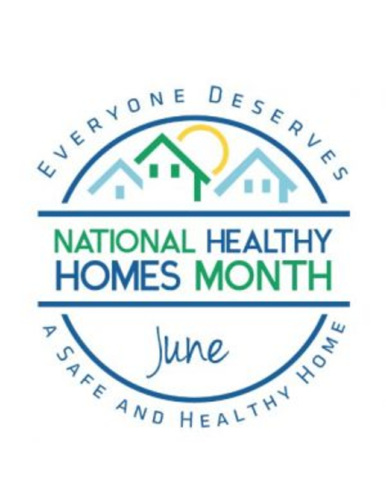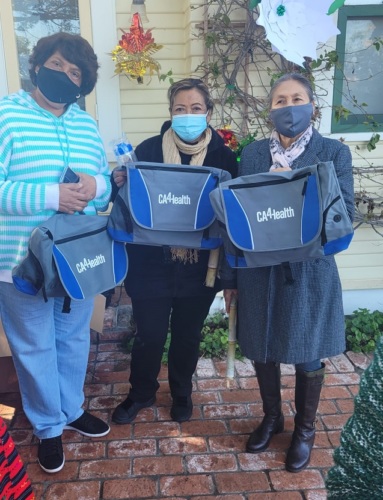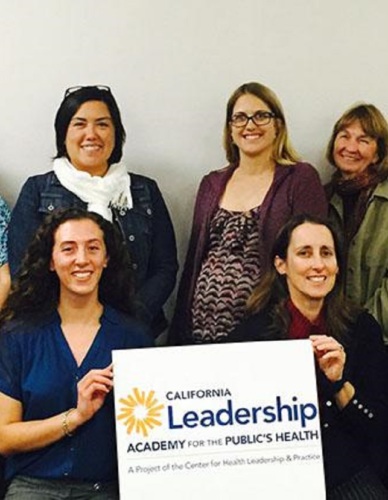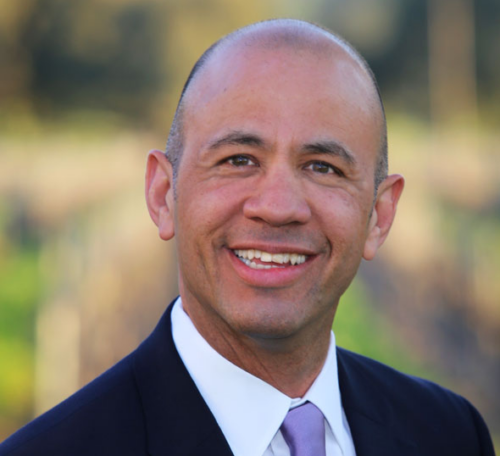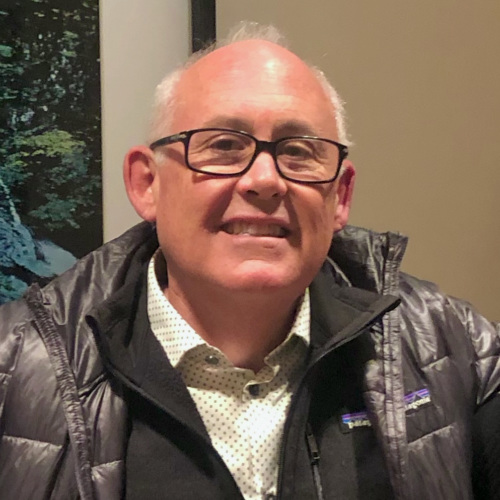
Public Policy Advocacy
With experience across a range of policy areas and issues, combined with our strong record working side-by-side with business, government, and community-based organizations, PHI and its programs are effective, influential advocates for public health in local, state, federal and global policy. With strategic policy platforms PHI addresses policy in areas such as nutrition, climate change and girls' and women's rights. We launch collaborative efforts that work directly with local community leaders and organizations globally to advance public health policy by engaging in grassroots and direct action with legislators and decision makers.
Our Expertise Can Make Your Work Stronger
See how PHI can work with you to support or lead your health initiatives.
Our Impact
See all Public Policy Advocacy Impacts

- $15M budget appropriation to help 2 million with asthma
- 120+ policies and legislation passed for women and girls rights
- ~2M child and adult Medi-Cal beneficiaries with asthma now receive more prevention-based services and support

Programs
Active Programs
Archived Programs
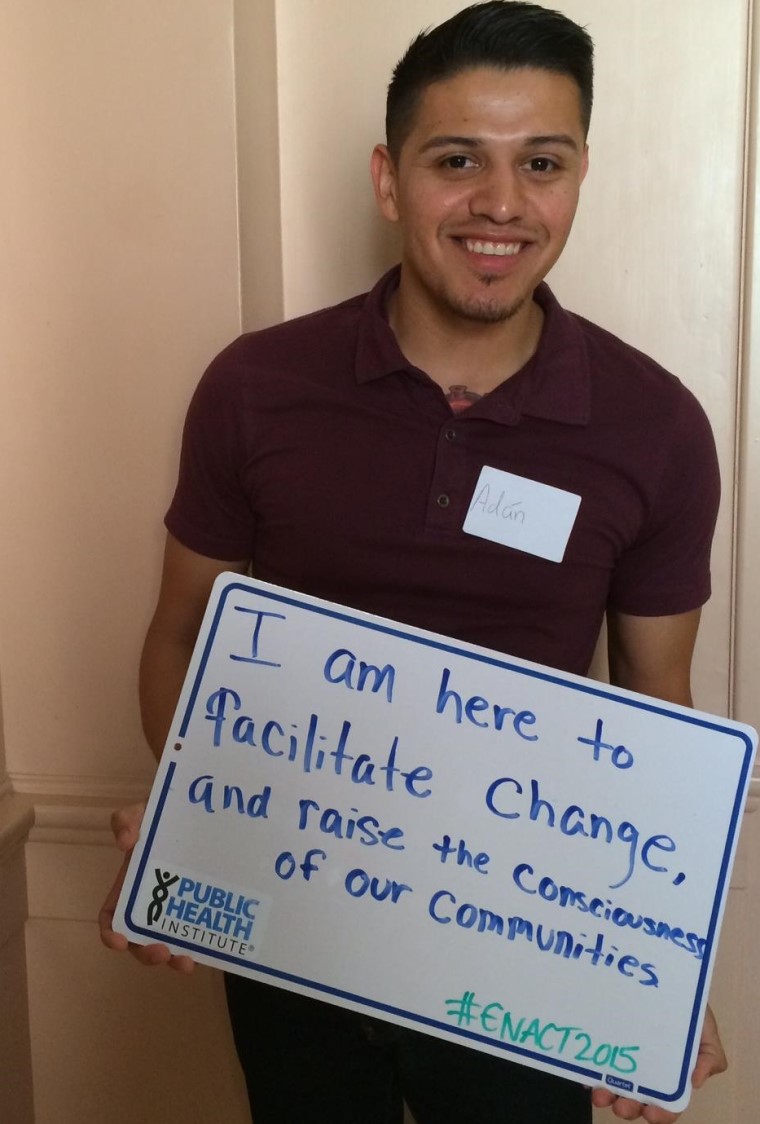
PHI Experts Working in this Area:
Work With Us
You change the world. We do the rest. Explore fiscal sponsorship at PHI.
Support Us
Together, we can accelerate our response to public health’s most critical issues.
Find Employment
Begin your career at the Public Health Institute.








